by Joel Tolman, Director of Impact & Engagement
When Chauncey Robinson walked into his 10th grade English class last week, he did a double take: There were a half dozen extra adults in the classroom, filling it to bursting. Kathy Fay, Stephen Cremen-Endez, and Adam Rawlings were there to share their work on homeownership, community engagement, and sustainability issues at Neighborhood Housing Services. Jeff Carter, the dad of a recent Common Ground grad who owns a woodworking and cabinetry business, showed up to talk about his long-time work with Habitat for Humanity. Anika Singh Lemar, who runs the housing clinic at the Yale Law School, showed up to share the role of lawyers in building housing justice.
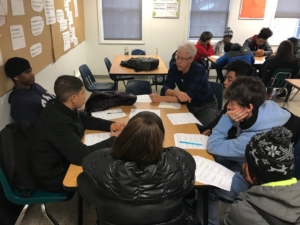
Chauncey and his 10th grade classmates talk with Jeff Carter, parent of a Common Ground grad, about his work with Habitat for Humanity — part of their study of housing justice and changemaking strategies in their English class.
While some students took a few minutes to warm up to all these extra teachers and new adults, Chauncey was in his element. He took the lead on asking questions from his interview notes sheet: What’s the housing justice issue you are trying to address, and why does it matter to you? What’s your strategy for making change around this issue? What’s the career path that brought you to this work? How can young people like me get involved? Chauncey and his peers responded to questions from the guests as well: sharing their own hopes for the future, their experiences growing up in New Haven.
During a debrief at the end of class, students filled the board with their growing understanding of housing justice, and how it intersects with other issues: from zoning laws, to healthy food access, to redlining, to systemic racism.
This class, taught by English teacher Amy Champagne, is just one piece of something bigger. By the end of next week, Chauncey and his fellow 10th graders will have sat down for small group interviews with more than two dozen local changemakers.
In Sharon Brostrom’s environmental science class, students just completed interviews with staff from the U.S. Fish & Wildlife Service, the New Haven Land Trust, Southern Connecticut State University’s sustainability office, the New Haven Urban Resources Initiative, and Common Ground’s own Schoolyards and Green Jobs Corps programs. They learned how these environmental changemakers rallied around the vision of a neighborhood resident — Miss Connie Vereen — who has fought and advocated for year to create and grow Cherry Ann Park in a section of Newhallville neighborhood that previously had no access to parkland. They’ve already tested soil at Cherry Ann for lead and other heavy metals, and will head out to see the park in person soon if winter weather doesn’t get in the way.
In their social studies class with A’Lexus Williams, students have been learning about education justice issues — from funding equity, to desegregation, to the school to prison pipeline. Tenth graders are considering what changemaking strategy will best address these big justice issues: Is it doing direct service engaging families, like Ms. Lensley Gay at the Brennan Rogers Family Resource Center? Or working in partnership with the education system, like Natosha from New Haven Reads? Or advocating for systems change through hard-nosed research, like Jennifer Quaye at Connecticut Voices for Children? Or organizing other young people to demand more culturally responsive classrooms, like their peers Tyson and Anthony, who work with Students for Educational Justice? Or working to train teachers and change schools, like Kerry Lord from the CT Center for Educational Change?
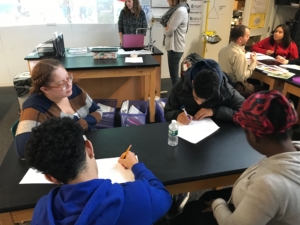
Sylvia, a Common Ground junior, and Crystal Fernandez, who leads our Green Jobs Corps, talk about their role in Cherry Ann Park. Sylvia worked with the Urban Resources Initiative to create and steward urban oases across summer, and at Cherry Ann Park in particular.
Students are learning that their peers, parents, and teachers are changemakers, as well. Sylvia Gooden, who was in the 10th grade just last year, shared her experience working with the Urban Resources Initiative on the Green Jobs Corps crew responsible for stewarding Cherry Ann Park. Montreal Godley, the mom of current Common Ground students, and a resident leader in Common Ground’s West Rock neighborhood (as well as an activist for people living with Lupus, Common Ground’s parent liaison, a staff member at the New Haven Board of Education, and about a dozen other things).
Next week, students will travel up to Hartford, to see how all this local changemaking work fits into a larger state context — meeting with State Senator Gary Holder Winfield and Representative Toni Walker, building their own lobbying and advocacy skills, interviewing statewide activists and state agency staff.
If everything goes as planned, all of these classes and experiences come together, like pieces in the puzzle. All these guests are supporting the second of four units in our interdisciplinary 10th grade core; this unit focuses on justice and change in New Haven, using case studies in environmental justice, housing justice, and educational justice. Students will tell you that there’s plenty of challenging academic work in this unit: they are practicing argumentative writing, and analyzing A Raisin in the Sun, and breaking down complex texts related to supreme court cases and pieces of legislation. And they have to put what they are learning to work, sharing it with a real audience. In January, students will work with yet another community partner — Sarah Bowles from the Elm Shakespeare Company — to create interactive plays that explore the justice issues and changemaking strategies at the heart of this unit.
We and our students are so lucky and grateful to have all these extra teachers in our classrooms this month. It surrounds them with caring, smart adults who help hold them accountable. It helps them consider different career and life paths, and think about which fit them best. It teaches them really valuable skills: how to ask good questions, take good notes, engage with professionals and strangers. It sets them up for future opportunities — launching relationships that may turn into a capstone senior project, or a credit-bearing internship, or a paid job. And, we hope, it convinces them that they, too, can become a changemaker, contributing to a just and sustainable world.

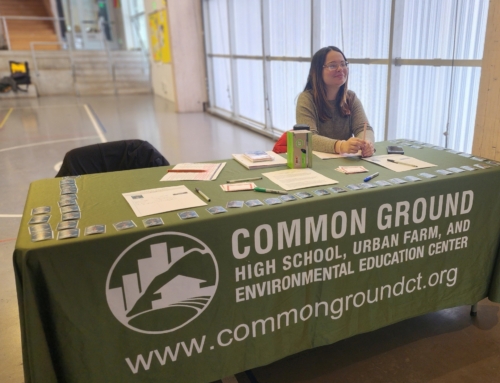
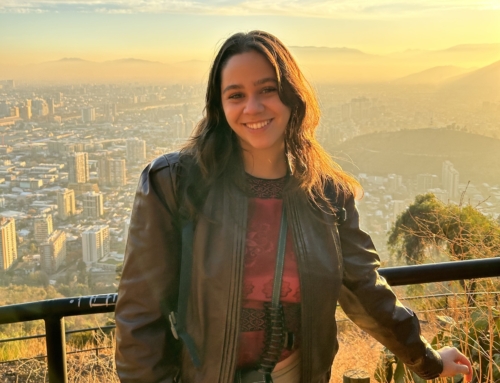
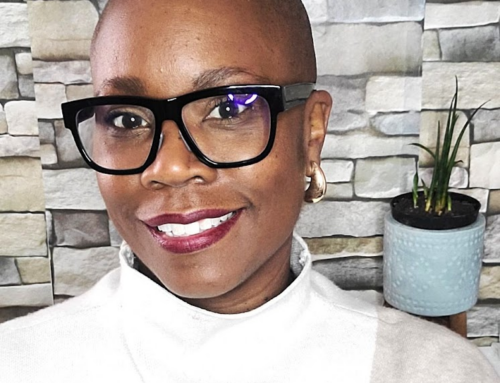
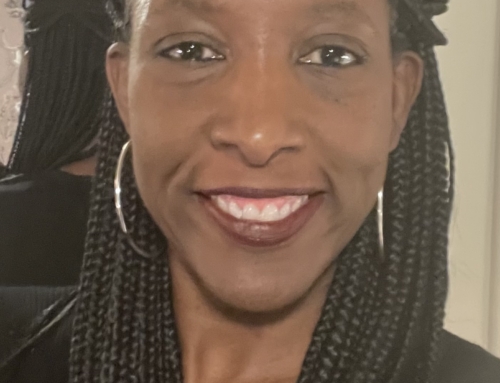
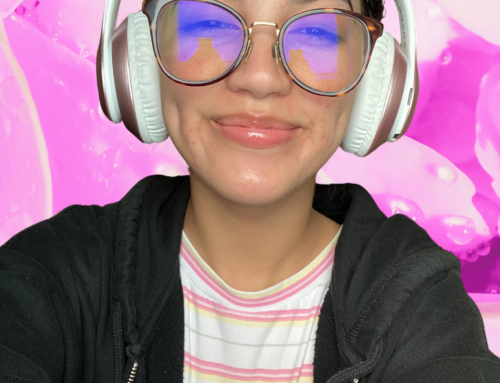
Leave A Comment